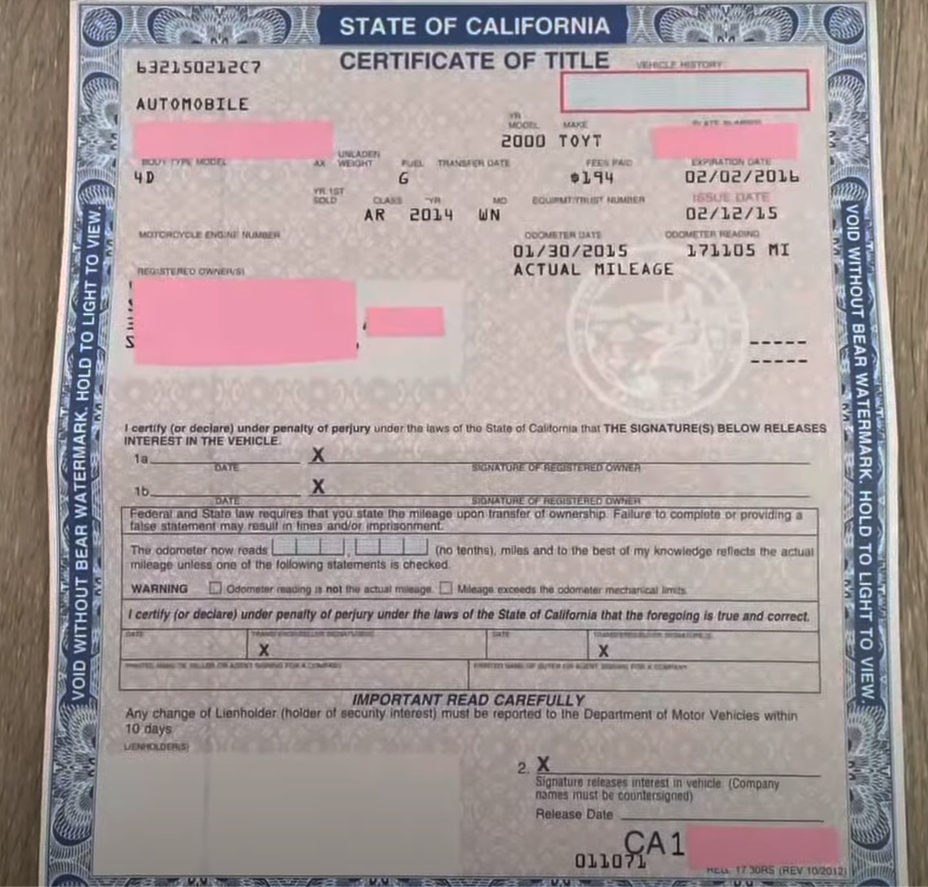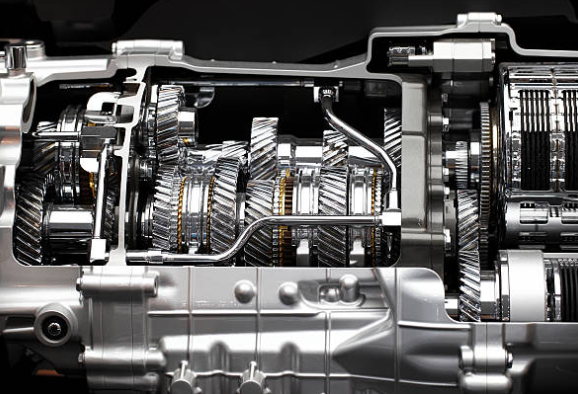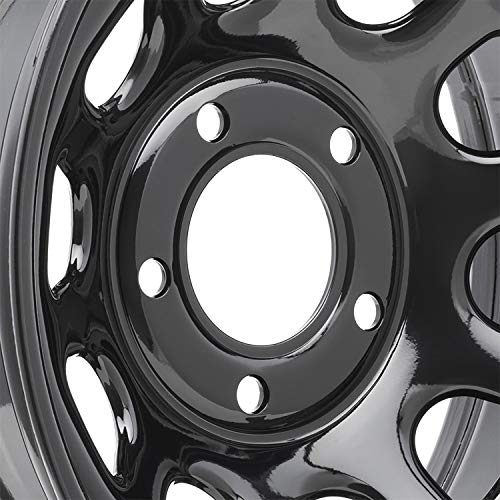What is a Clean Title?
In the realm of the automotive world, the term "Clean Title " holds paramount significance. It's not just about the make, model, or horsepower; it signifies the history and status of a vehicle that can greatly influence your buying decisions. In this comprehensive blog post, we're delving into the intricate details of what exactly a Clean Title car entails, and why it matters more than you might think.

Understanding Clean Title
A "Clean Title" refers to the legal documentation that signifies a vehicle's ownership and history. In the context of the automotive industry, a Clean Title indicates that the vehicle has not sustained significant damage, been involved in major accidents, or been reported stolen. It also suggests that there are no outstanding financial obligations or legal disputes related to the vehicle.
The significance of possessing a Clean Title lies in its ability to provide potential buyers with confidence in a vehicle's transparent and untarnished history. Essentially, a Clean Title signifies that the vehicle has received proper care, remained free from substantial repairs due to accidents or damages, and is devoid of any legal complications.
When contemplating the purchase of a pre-owned car, evaluating the title status becomes a pivotal step to ensure alignment between the vehicle's history and your expectations. A Clean Title car is generally perceived as more dependable, valuable, and easier to market or exchange in the future. It offers assurance to both buyers and sellers by representing the vehicle's integrity and authenticity within the automotive domain.

Reliability: A Clean Title Car is more likely to have a history devoid of major accidents or damages, indicating better overall mechanical health and reliability.
Transparent History: With a clean title, you can confidently delve into the vehicle's history, knowing that it hasn't been involved in significant incidents that could impact its performance.
Better Resale Value: Clean Title Cars generally hold higher resale values than those with questionable titles. This translates to a better return on your investment when it's time to sell or trade.
Easier Financing: Lenders are more inclined to offer favorable financing terms for Clean Title Cars due to their lower risk profile. This can lead to lower interest rates and more manageable loan terms.
Lower Insurance Premiums: Insurance companies typically offer lower premiums for vehicles with clean titles, reflecting the reduced likelihood of previous issues impacting the vehicle's future performance.
Peace of Mind: A clean title provides peace of mind for both buyers and sellers. Buyers can be assured that they're investing in a reliable vehicle, while sellers can attract more interested parties with the assurance of a clean history.
Simplified Ownership Transfer: The process of transferring ownership of a Clean Title Car is usually smoother and less complicated, reducing potential legal hurdles and administrative tasks.
Minimal Hidden Issues: A clean title signifies that the vehicle hasn't undergone substantial repairs due to accidents, minimizing the chances of hidden mechanical or structural issues.
Legal Clarity: A vehicle with a clean title is less likely to have unresolved legal disputes, liens, or financial obligations associated with it.
Quality Assurance: Clean Title Cars often indicate that the vehicle has been well-maintained, reflecting the care and attention of previous owners.

To confirm if a vehicle holds a clean title, proceed with these actions:
Begin by obtaining the Vehicle Identification Number (VIN), a distinctive 17-digit code specific to each vehicle. Utilize reputable online vehicle history report services like Carfax or AutoCheck by inputting the VIN. Study the generated report, paying particular attention to the section indicating the title status. A "Clean Title" designation denotes an absence of salvage, theft, or major accident history.
Additionally, physically inspect the title document for any indications of salvage or rebuilt status. You can also contact your local Department of Motor Vehicles (DMV) to verify the title status. If needed, consult a trustworthy mechanic or vehicle inspector to decode the report's details. Asking the seller directly about the title status is advisable, while also staying vigilant for any red flags in the report. Remember, while a clean title is important, a comprehensive evaluation and professional advice are key to making an informed used car purchase.
-
Can I finance or insure a vehicle with a clean title more easily?
Yes, vehicles with clean titles are generally considered lower risk, making them easier to finance with favorable terms. Insurance companies also offer lower premiums for clean title vehicles, reflecting the reduced likelihood of future problems.
-
Are there legal protections associated with a clean title?
Laws vary by location, but a clean title often comes with legal protections for both buyers and sellers. It ensures that consumers are not misled or defrauded in their transactions.
Read more article here: Top 10 Folding Ladders For Ultimate Versatility













